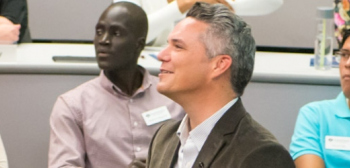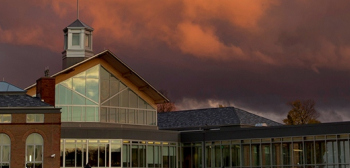- #901-950 QS Global World Ranking
- PublicStatus
- Very HighResearch Output
- 26,648Total Students
- 2,709Faculty
- 1,051Int'l Students
The University’s position in the current QS World University Rankings.
Whether the University is funded by the government of that country or state, or funded by private donations.
The research intensity of the University, based on the number of papers output relative to the University’s size.
The number of full time equivalent students enrolled at the University.
The number of full time equivalent teaching staff employed by the University.
The number of full time equivalent international students enrolled at the University.
Virginia Commonwealth University
About
About
University highlights
- 2012#501- 550
- 2014#551-600
- 2015#551-600
- 2016#651-700
- 2017#651-700
- 2018#651-700
- 2019#601-650
- 2020#601-650
- 2021#651-700
- 2022#701-750
- 2023#701-750
- 2024#761-770
- 2025#851-900
- 2026#901-950
Scholarships
Campus locations
408 West Franklin Street, P.O. Box 843051,
408 West Franklin Street, P.O. Box 843051 , Richmond , Virginia , United States , 23284
Snead Hall, 301 W. Main Street, Box 844000,
Snead Hall, 301 W. Main Street, Box 844000 , Richmond , Virginia , United States , 23284
P.O. BOX 842030, 1000 WEST CARY STREET,
P.O. BOX 842030, 1000 WEST CARY STREET , Richmond , Virginia , United States , 23284
P O Box 980565,
P O Box 980565 , Richmond , Virginia , United States , 23298
MCV Campus,
57 N 11th Street , Richmond , Virginia , United States , 23298
923 West Franklin Street, P.O. Box 842028,
923 West Franklin Street, P.O. Box 842028 , Richmond , Virginia , United States , 23284
807 S, Cathedral Place Richmond,
807 S, Cathedral Place Richmond , Richmond , Virginia , United States , 23284
601 West Main Street, P O Box 843068,
601 West Main Street, P O Box 843068 , Richmond , Virginia , United States , 23284
520 North 12th Street,
520 North 12th Street , Richmond , Virginia , United States , 23298
410 North 12th Street, P.O. Box 980581,
410 North 12th Street, P.O. Box 980581 , Richmond , Virginia , United States , 23298
Monroe Park Campus,
620 W Main Street , Richmond , Virginia , United States , 23220
325 North Harrison Street, PO Box 842519,
325 North Harrison Street, PO Box 842519 , Richmond , Virginia , United States , 23284
28 West Franklin Street, P.O. Box 842019,
28 West Franklin Street, P.O. Box 842019 , Richmond , Virginia , United States , 23284
1200 East Clay Street, P.O. Box 980261,
1200 East Clay Street, P.O. Box 980261 , Richmond , Virginia , United States , 23298
1200 East Broad Street, P.O. Box 980233,
1200 East Broad Street, P.O. Box 980233 , Richmond , Virginia , United States , 23298
1100 East Leigh Street, P.O. Box 980567,
1100 East Leigh Street, P.O. Box 980567 , Richmond , Virginia , United States , 23298
1015 W Main Street, PO BOX 842020,
1015 W Main Street, PO BOX 842020 , Richmond , Virginia , United States , 23284
1000 Floyd Avenue, P.O. Box 842027,
1000 Floyd Avenue, P.O. Box 842027 , Richmond , Virginia , United States , 23284
1000 Floyd Ave,
1000 Floyd Ave , Richmond , Virginia , United States , 23284
Similar Universities
George Washington University School of Business
George Washington University, Washington D.C.
ASU - Thunderbird School of Global Management
400 E Van Buren, Phoenix
Seton Hall University
400 S Orange Ave, South Orange, South Orange
Savannah College of Art and Design
516 Drayton St, Savannah
Rochester Institute of Technology (RIT)
Lomb Memorial Drive, Rochester
University of Texas Arlington
701 S. Nedderman Drive, Arlington
Related content

Art Scholarships Around the…
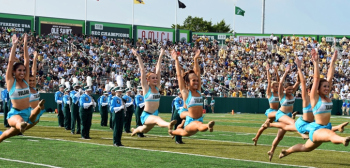
Ranked: The Top 100 US Unive…

Psychology Scholarships Arou…

Graduate Business Degrees: M…

Top Universities in the US 2…
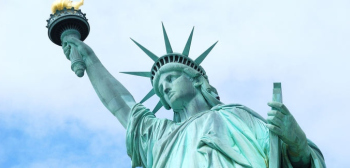
Top Universities in the US 2…

Top Universities in the US b…
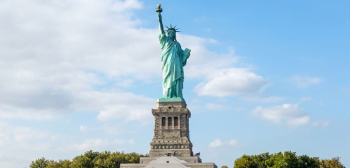
Top Universities in the US 2…
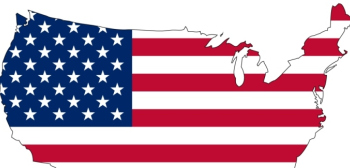
Top Universities in the US b…

Top Universities in the US b…
Test preparations
Featured University


-
10 UG & 47 PGTotal courses
-
Private for ProfitStatus
-
HighResearch output



